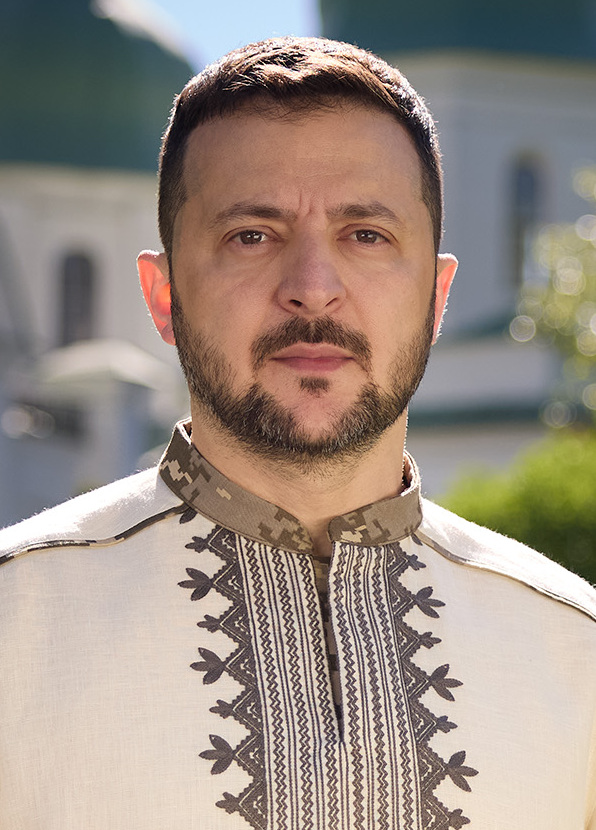
Introduction
Since the onset of the Russian invasion in February 2022, Ukrainian President Volodymyr Zelensky has emerged as a pivotal figure on the world stage. His leadership is not only crucial for the resilience of Ukraine, but it also holds significant implications for global geopolitics, international relations, and humanitarian efforts. As Zelensky continues to rally support from allies while navigating the complexities of war, his actions are closely monitored by both supporters and critics alike.
Leadership in Crisis
Zelensky, a former comedian and political outsider, has been both lauded for his charisma and criticized for his inexperience in governance. However, since the conflict escalated, he has transformed into a solid leader representing his nation with courage and resolve. His decision to remain in Kyiv during the early days of the invasion played a critical role in boosting morale among troops and civilians alike. Zelensky’s frequent addresses to both the Ukrainian people and international leaders have sparked global support and solidarity for Ukraine.
Recent events have seen Zelensky advocating for increased military assistance from the West. As Ukraine continues to face significant military challenges, Zelensky has systematically appealed for advanced weaponry, arguing that such support is essential for Ukraine’s survival against Russian aggression. In a speech to the United States Congress in December 2022, he poignantly stated, “Your money is not charity. It is an investment in the global security and democracy.” This statement reflects Zelensky’s strategic approach to framing Ukraine’s struggle as one that affects not only the region but the entire democratic world.
International Relations and Diplomacy
Under Zelensky’s leadership, Ukraine has also strengthened diplomatic ties with several nations. His government has actively participated in international forums and negotiations, seeking to uphold Ukraine’s sovereignty and territorial integrity. The ongoing dialogue with NATO and the European Union has been vital, with Zelensky’s administration pushing for Ukraine’s integration into these significant organizations. Recent reports indicate that NATO is considering granting Ukraine allied status, which would enhance its defensive capabilities and geopolitical significance.
Conclusion
Zelensky’s leadership during these turbulent times has not only defined his presidency but has also altered the perceptions of leadership in times of crisis. As Ukraine continues to grapple with the effects of the invasion, the support Zelensky garners could dictate the nation’s path forward. The future of Ukraine, and its place in a redefined European security architecture, remains uncertain, but Zelensky’s steadfast resolve and strategic vision could ultimately play a decisive role in shaping that future. As the international community watches closely, the leadership trajectory of Zelensky will undoubtedly remain a focal point in discussions regarding resilience, democracy, and the fight against authoritarianism.
You may also like

The Important Role of Government in Modern Society

The Evolving Role of the Manager in Modern Business
